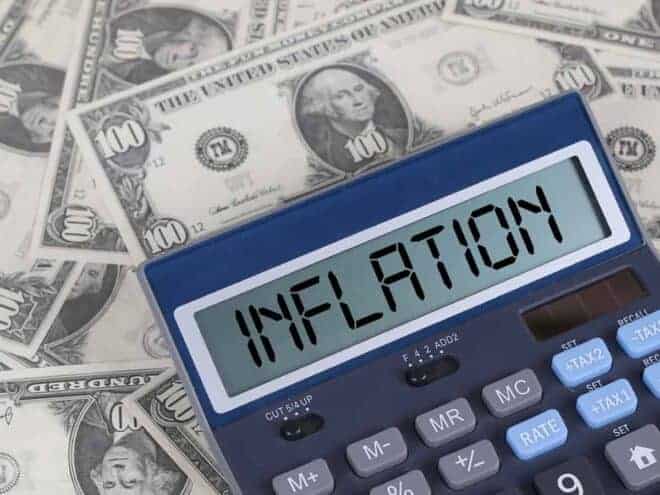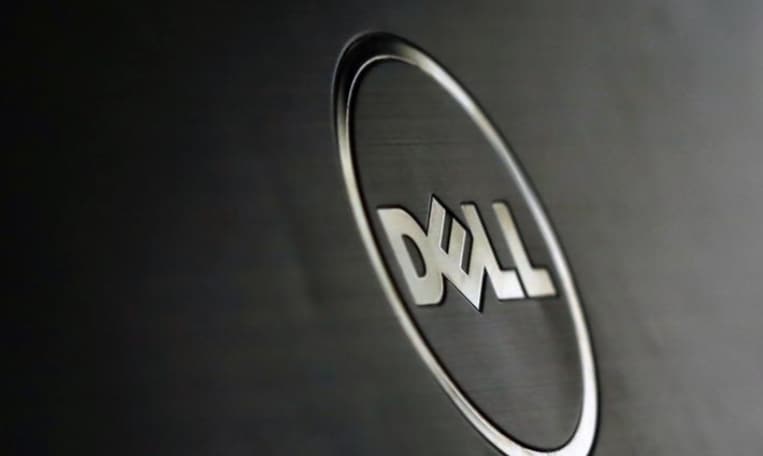
The annual level of inflation continued to improve in November, registering the smallest monthly increase since the end of 2021, according to the latest report from the Bureau of Labor Statistics (BLS).
The Consumer Price Index (CPI), a measure of inflation, rose 7.1% year-over-year in November, a slowdown from the 7.7% increase in October. On a monthly basis, inflation rose 0.1% from October to November.
The increase was driven by a surge in prices for shelter and food, according to the report. Shelter costs continued to rise rapidly, up another 0.6% in November. The food index increased 0.5% in November, following a 0.6% increase in October. The food-at-home index also rose 0.5% in November.
But gas prices decreased by 2% in November, following a 4% increase in October. The energy index fell 1.6% in November after rising 1.8% in October.
“Both topline and core CPI inflation slowed in November, showing some measure of progress in the ongoing struggle to tame inflation,” Morning Consult Economic Analyst Kayla Bruun said. “That said, price levels remain quite elevated compared with a year ago for many categories, and these high prices continue to put pressure on household budgets and force trade-offs with purchasing decisions.
“Morning Consult’s data suggests easing price pressures are likely to continue amid softer demand for a variety of goods and services,” Bruun continued.
If you are struggling with high inflation, you could consider taking out a personal loan to pay down debt at a lower interest rate, reducing your monthly payments. Visit Credible to find your personalized interest rate without affecting your credit score.
Fed expected to slow interest rate increase at next meeting
Inflation has now declined two percentage points from its peak of 9.1% annual growth in June. The better inflation figures are likely to be a welcome and hopeful sign for policymakers and boost chances that the Federal Reserve will slow the rate of increases at its upcoming December meeting, according to two economists.
In November, the Fed increased rates by 75 basis points, marking the sixth rate hike this year and cited the still-high inflation numbers as one of the reasons it continued with its aggressive monetary policy. The Fed has set a 2% inflation target.
“The Federal Reserve is expected to increase the fed funds rate by 50 basis points tomorrow, moving away from the aggressive consecutive increases in the last four meetings, Dawit Kebede, Credit Union National Association (CUNA) senior economist, said on Tuesday. “This CPI report shows that price trends are going in the right direction although inflation is still very high above target.”
The lower inflation figures should also provide the Fed “reassurance that stepping back their pace of tightening isn’t premature,” Jim Baird, Plante Moran Financial Advisors chief investment officer, said.
“For consumers, any improvement is welcome news for spending budgets that have tightened considerably over the past year, squeezing on discretionary spending and creating sustained anxiety for lower-income households and those on a fixed income in particular,” Baird continued.
If you’re looking to save money amid high inflation, you could consider refinancing your private student loans to a lower interest rate, reducing your monthly payment. Visit Credible to compare multiple student loan lenders at once and choose the one with the best interest rate for you.
























